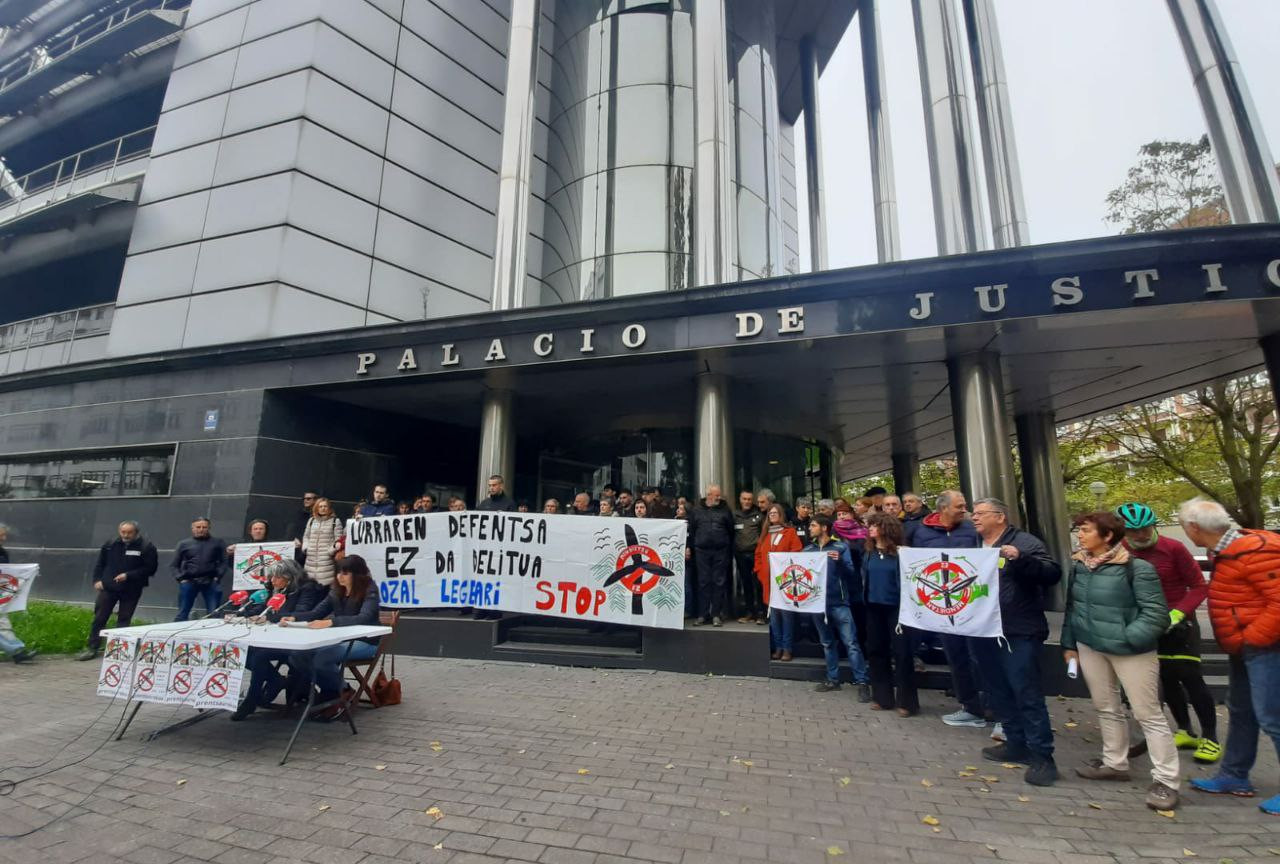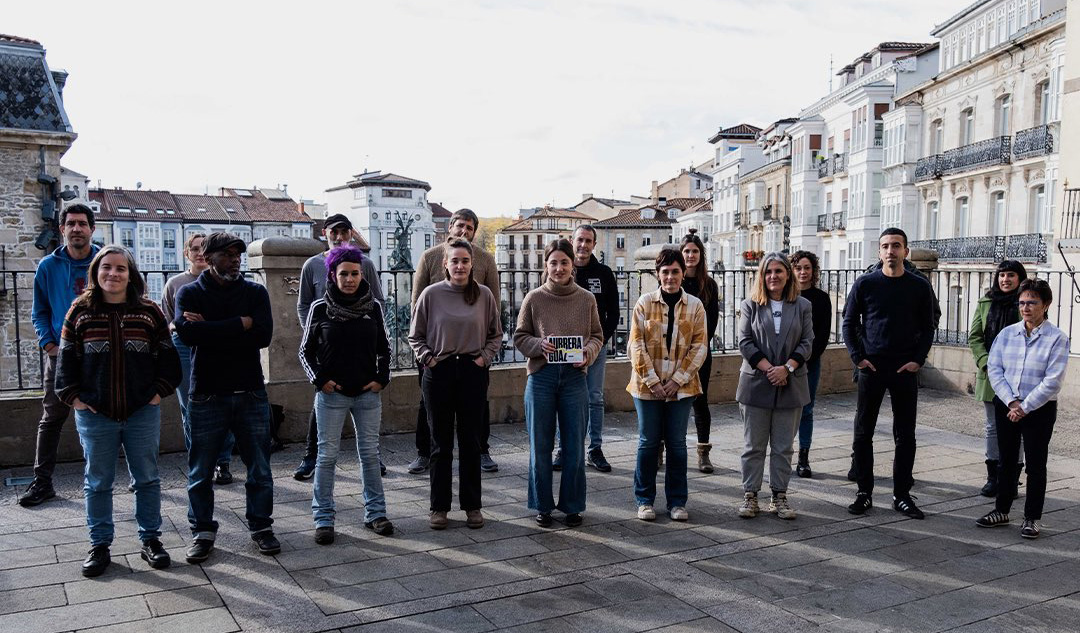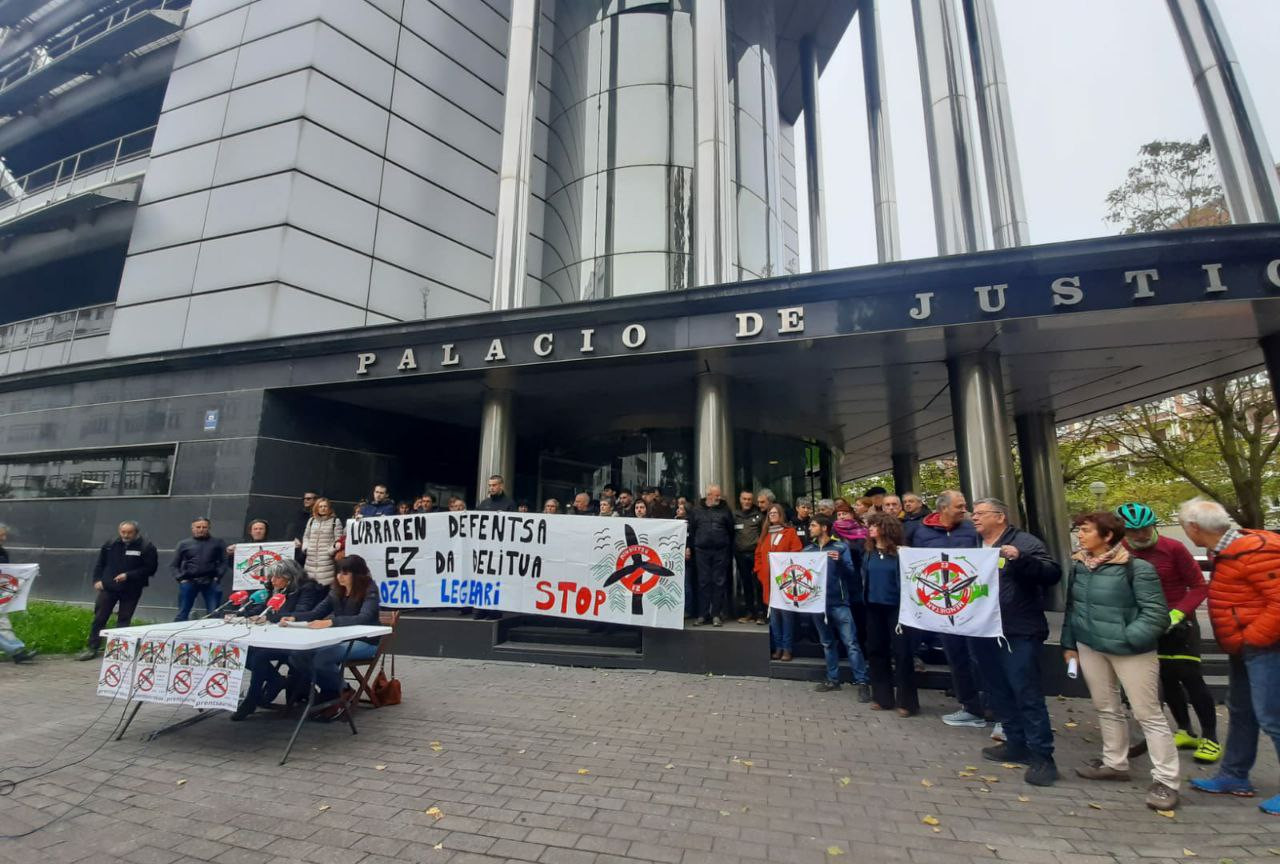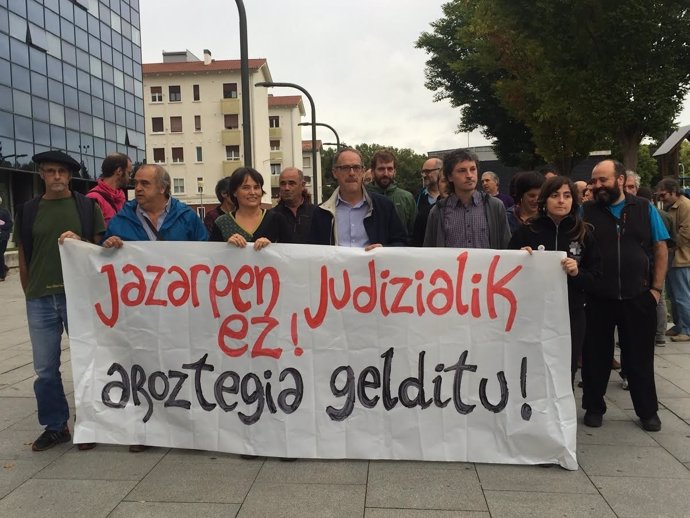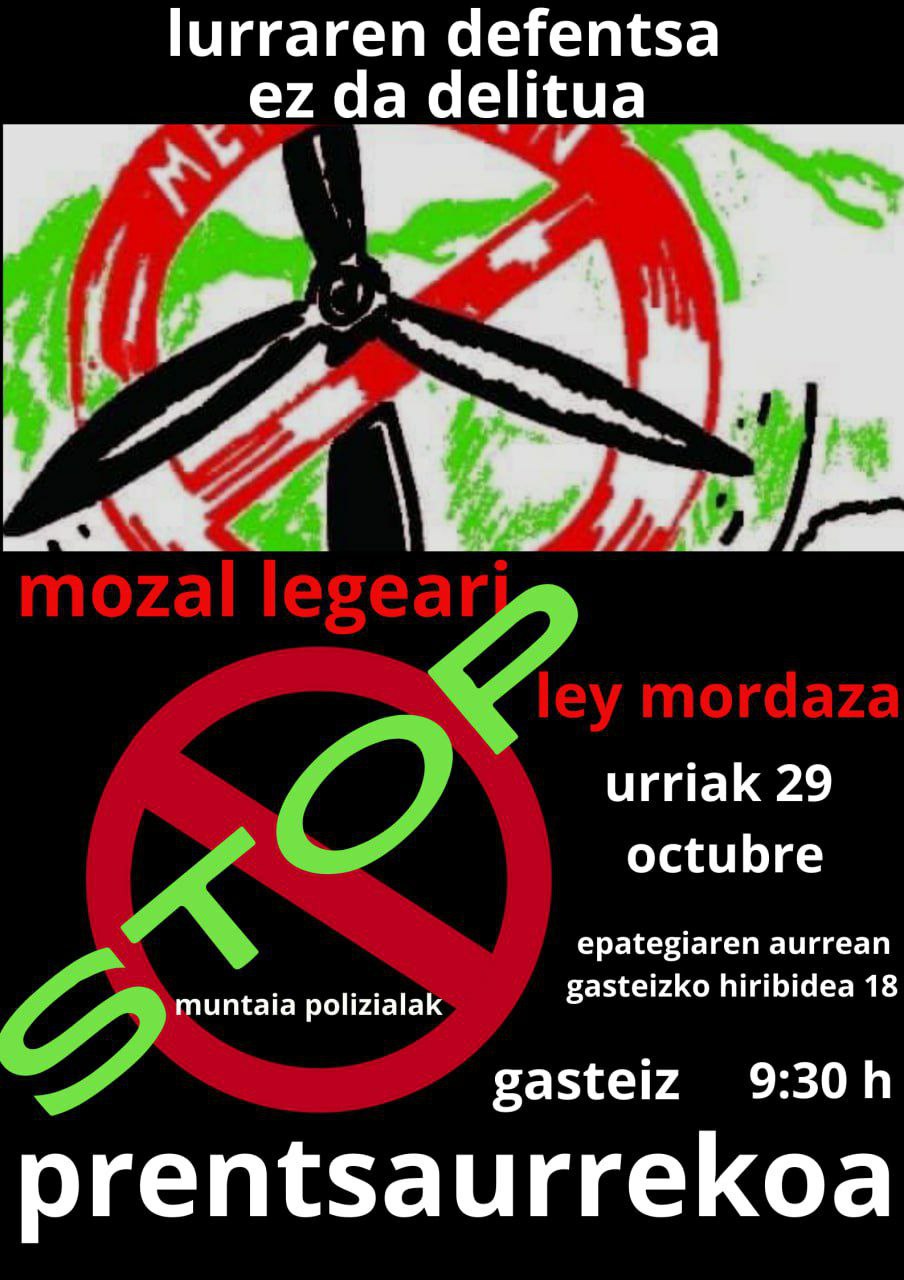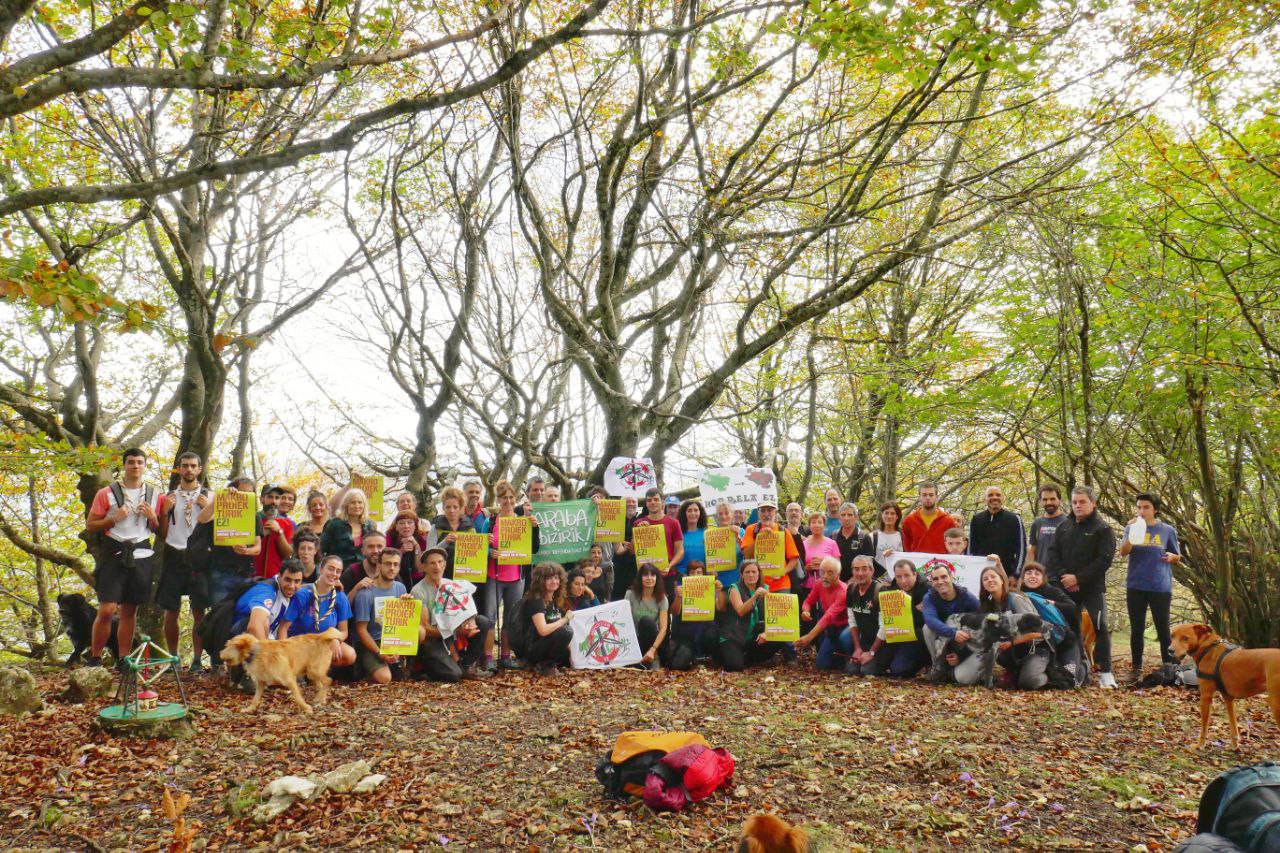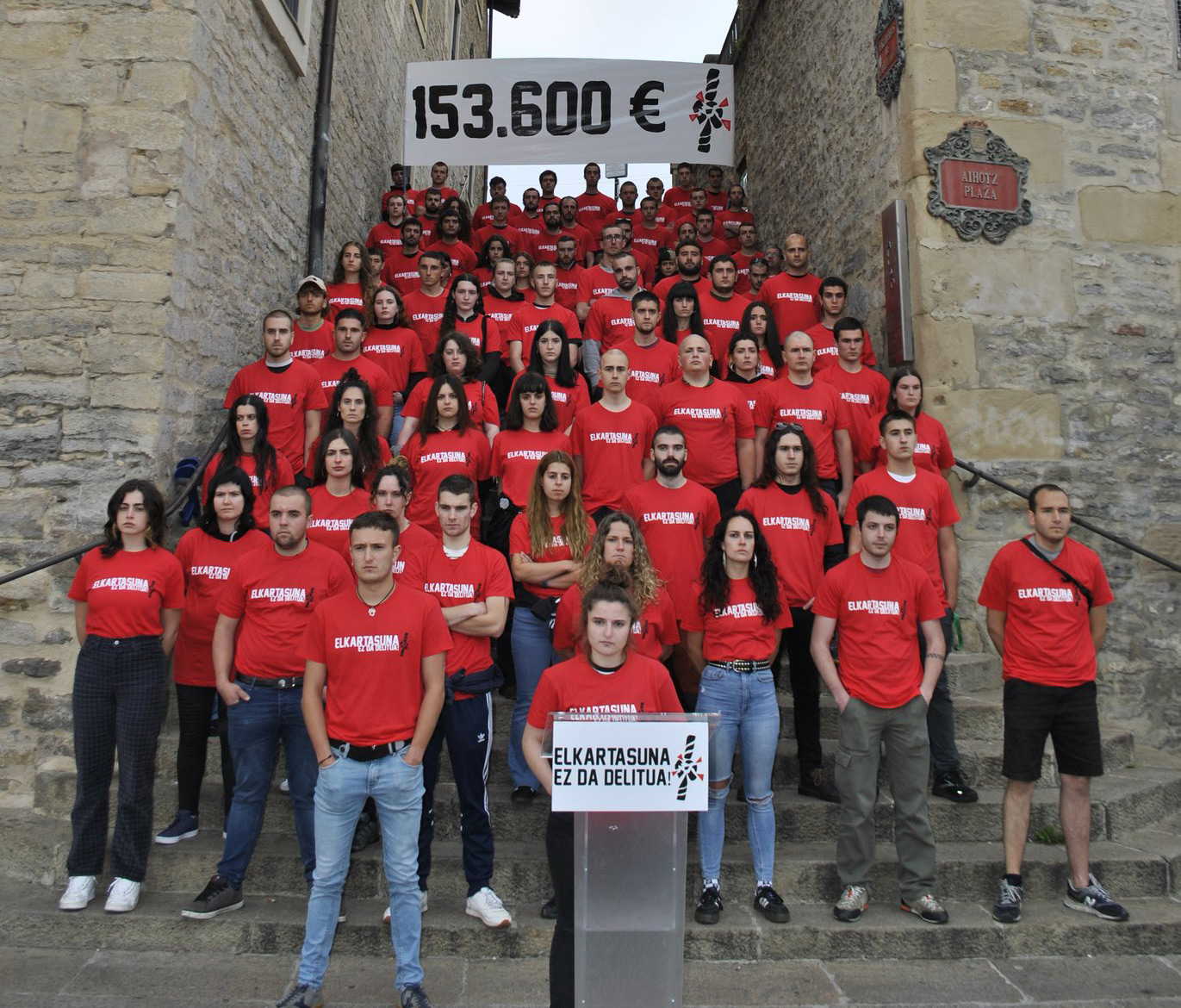The Spanish Government is breaking the word: the Mordaza Act remains in force
- In 2015, the PP established the Mordaza Law by an absolute majority. This series of rules that violate certain fundamental rights reflected a great contradiction between social movements and political parties in the Spanish State, even at international level. Those who said that this law "must be repealed without a doubt" are now in the Spanish Government and the Mordaza Law will remain in force.

The Citizen Security Act, better known as the Mordaza Law, was announced publicly by the PSOE and by Mr. Podemos on several occasions. Once the Coalition Government was formed, it was stated that they would work on this path, along with the other forces supporting the Government in the Spanish Congress. President Pedro Sánchez himself said that this was going to be the case at the beginning of this last term. But after eight years, after having imposed tens of thousands of fines and sanctions on citizens, the PP Mordaza Law is going to continue. Because PSOE, Sozialistak-Podemos and PNV have moved from suspending the law to amending only a few points of it, and that reform proposal has not reached agreement with the other political forces. Most social movements have maintained during these years the call for the Mordaza Act to be withdrawn in its entirety.
Rubber balls, police word and immigration policy
The meetings of PSOE, United Nations Podemos, PNV, ERC, EH Bildu and Junts to process the change of law have been numerous, but finally the only party that has joined the proposal of the members of the PSOE government and the United States We have been the PNV. The PNV has been one of the first parties to go from criticizing the Mordaza Law to defending legal reform in the Spanish Congress.
The other three forces supporting the Government are opposed. ERC and EH Bildu reject this proposal and Juntsek.aspaldi stops participating in these meetings. And so they have put an end to the debate on replacing the Mordaza Law in this legislature.
“We are not going to be complicit in a light reform that maintains the most damaging measures imposed by the PP,” said EH Bildu parliamentarian Jon Iñarritu, and along the same lines, Mertxe Aizpurua, stressed that the reform maintains the “repressive bases” of the original law. In the words of Maria Dantas, a colleague of ERC, the proposal of PSOE and Unidas Podemos has done nothing but make up the law of PP.
In fact, the reform proposal maintains the most conflicting rules of the law: it does not ban rubber balls, authorises speedy returns from migrants and punishes disobedience and disrespect for authority. “It is only from the words of the police that they decide what the lack of respect is and the citizens are unprotected in the eyes of the police,” Aizpurua said. “It allows the police to continue to tread the rights of the whole of society without any punishment,” adds Dantes.
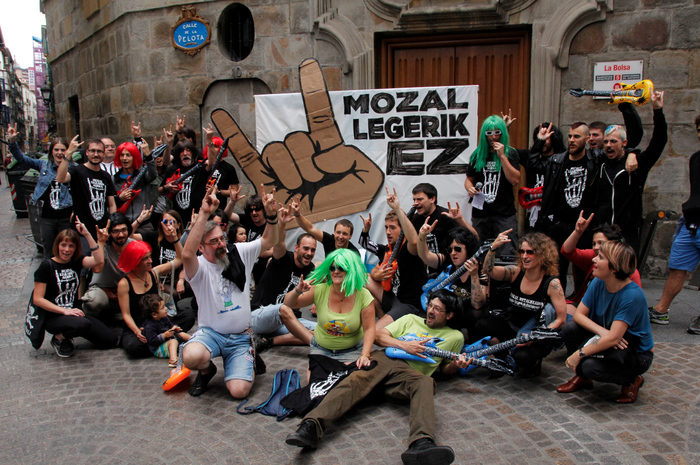
The PSOE has underlined the “importance of progress” in the reform proposal and has described it as irresponsible to have voted no to reform. The PNV accuses EH Bildu and the ERC of not having reformed the law. We can defend that the most damaging elements of the law were suppressed. For example, those who guarantee the right to demonstrate, the amount of fines or the amount of police recording. But the social movements that are part of No We Are Crime, the main campaign for the repeal of the Mordaza Law, do not agree that the rule that guarantees the presumption of truth of the police or that punishes disobedience is qualified as "secondary".
Amnesty International, Greenpeace, Iridia, Defender of Defender, Ris, Novact, Legal Sol and No Crime have issued a joint statement to criticise the "missed opportunity". They denounce that the "fundamental aspects" of the law have come to the vote of the committee "without the necessary changes". And they add that from civil society, after eight years documenting and denouncing the rights violated by the Mordaza Law, they will continue working to have legislation that meets international human rights standards and "The Mordaza Law, before or after, will be history."
Nine years ago, pending the adoption of the Mordaza Law, the Council of Europe itself said that the law was going to be “disproportionate” and its “great concern”. “This law is a reactionary and conservative absurdity to criminalize street protest and criticism,”... [+]








